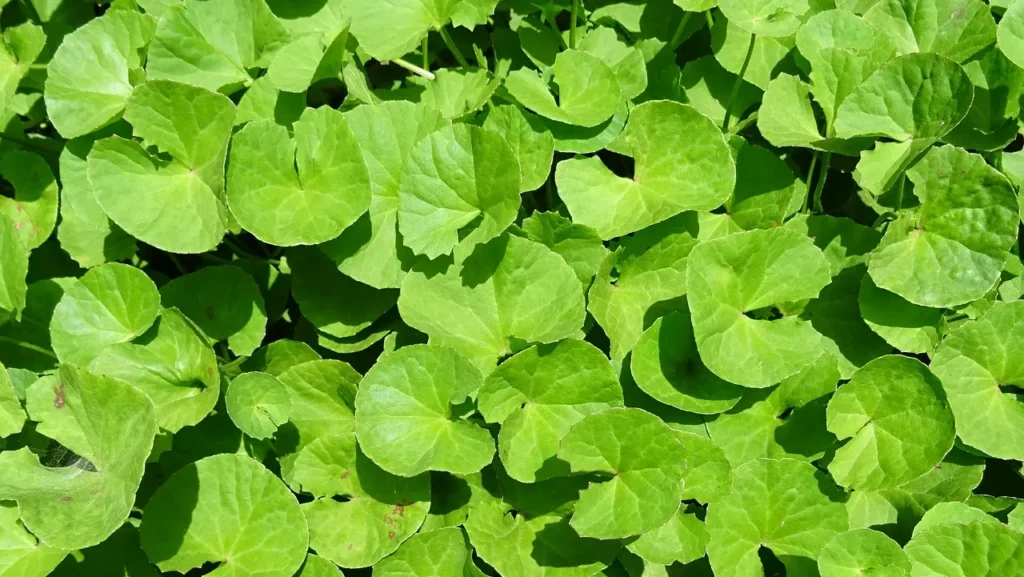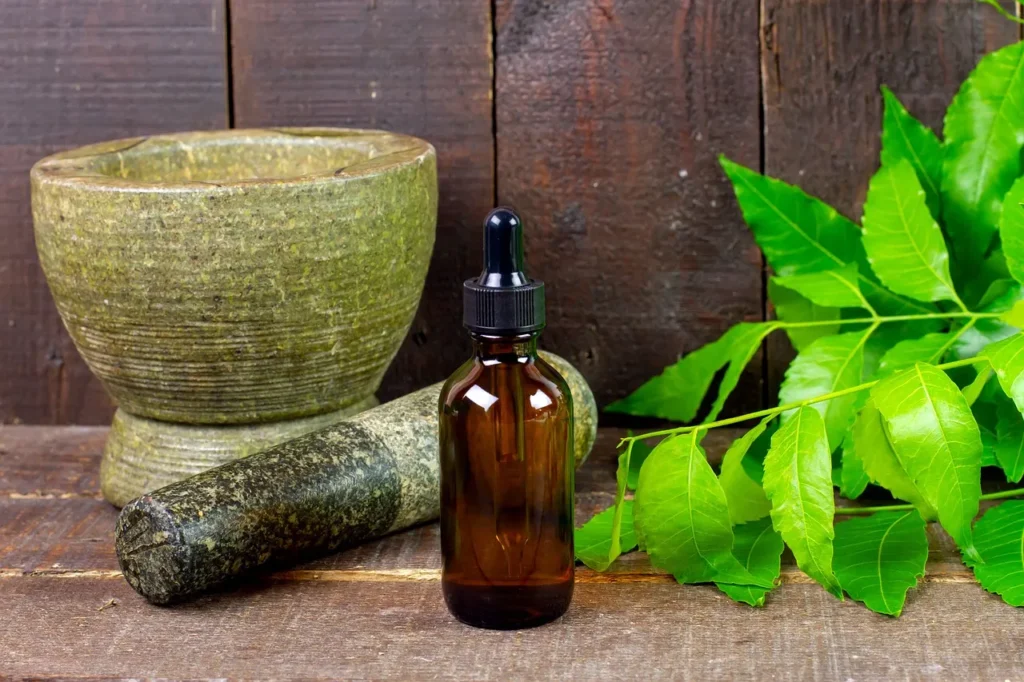Northeast India has the potential to become a hub for medicinal plants
WhatsApp Channel
Join Now
The Northeast India has the potential to evolve into a prominent hub for medicinal plants due to ecological, cultural, and economic factors. The statements made by the AYUSH Minister showcases the region as a pivotal center for the cultivation, preservation, and utilization of these vital botanical resources. This potential stems from the rich biodiversity, traditional knowledge, and growing global demand for herbal remedies.
Firstly, the Northeastern region of India has an unparalleled ecological diversity, ranging from dense forests to lush grasslands. This diversity provides an ideal habitat for a wide variety of medicinal plants. The climatic conditions, abundant rainfall, and varied altitudes also contribute to the growth of diverse flora having medicinal properties.
Secondly, the cultural fabric of the region is interwoven with indigenous knowledge that have been passed down through generations. Tribal communities in the Northeast have a good understanding of the local flora and its therapeutic applications. The AYUSH Minister’s assertion shows a recognition of the need to integrate this traditional wisdom with modern scientific research to harness the full potential of these medicinal plants.

In an era where there is a global shift towards natural and sustainable healthcare options, the demand for herbal medicines and natural remedies has surged. This presents a golden opportunity for Northeast India to emerge as a significant player in the global herbal medicine market. The AYUSH Minister’s optimism is thus grounded in the potential economic benefits for the region.
To realize this vision, collective efforts are required in various domains. Primarily, there must be investment in research and development to identify, document, and validate the therapeutic properties of the various plant species in the region. Traditional healers, botanists and pharmacologists would prove to be essential partners to bridge the gap between traditional knowledge and contemporary scientific understanding.

It is also equally important to implement sustainable practices for harvesting and cultivating these plants. Overexploitation would lead to ecological imbalance and depletion of these valuable resources. Thus, the AYUSH Minister’s vision also encompasses the need for promoting responsible harvesting methods and conservation of medicinal plant species.
Infrastructure development like processing units and research facilities, is a crucial facet of realizing the potential of Northeast India to not only meet domestic demands but also tap into the growing global market.
In conclusion, the AYUSH Minister’s assertion that Northeast India has the potential to become a hub for medicinal plants is rooted in the region’s remarkable biodiversity, traditional knowledge, and the growing global demand for natural remedies. This vision aligns with the goals of promoting holistic healthcare and sustainable economic growth. But realizing this potential requires a multi-faceted approach like research, conservation, and infrastructure development.
Telegram Channel
Join Now



